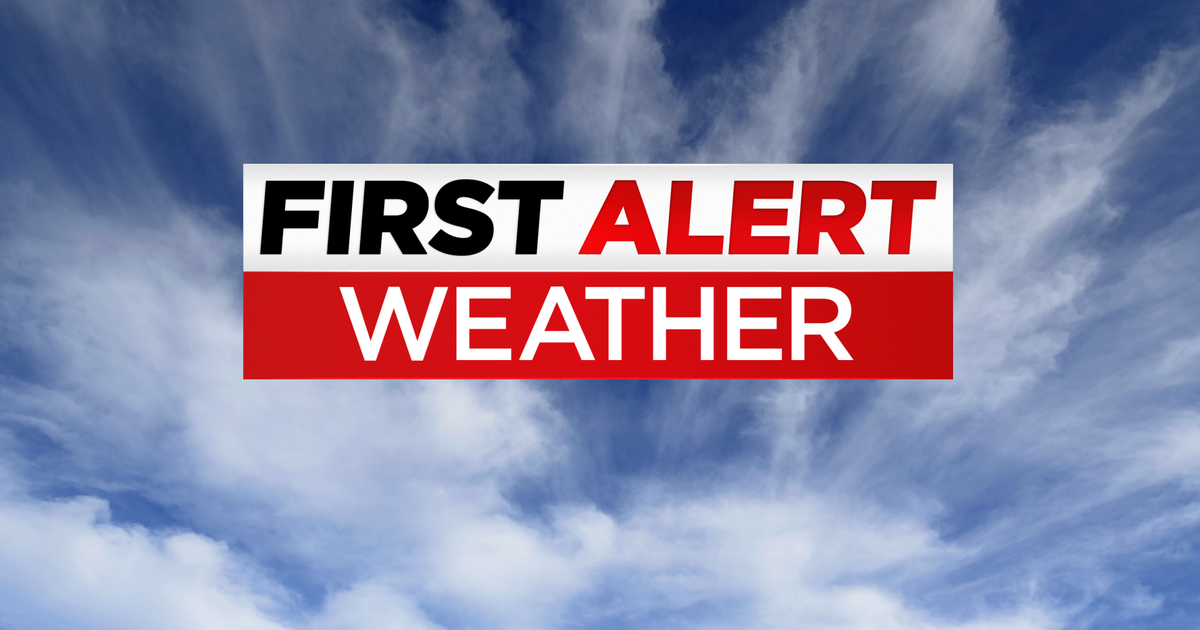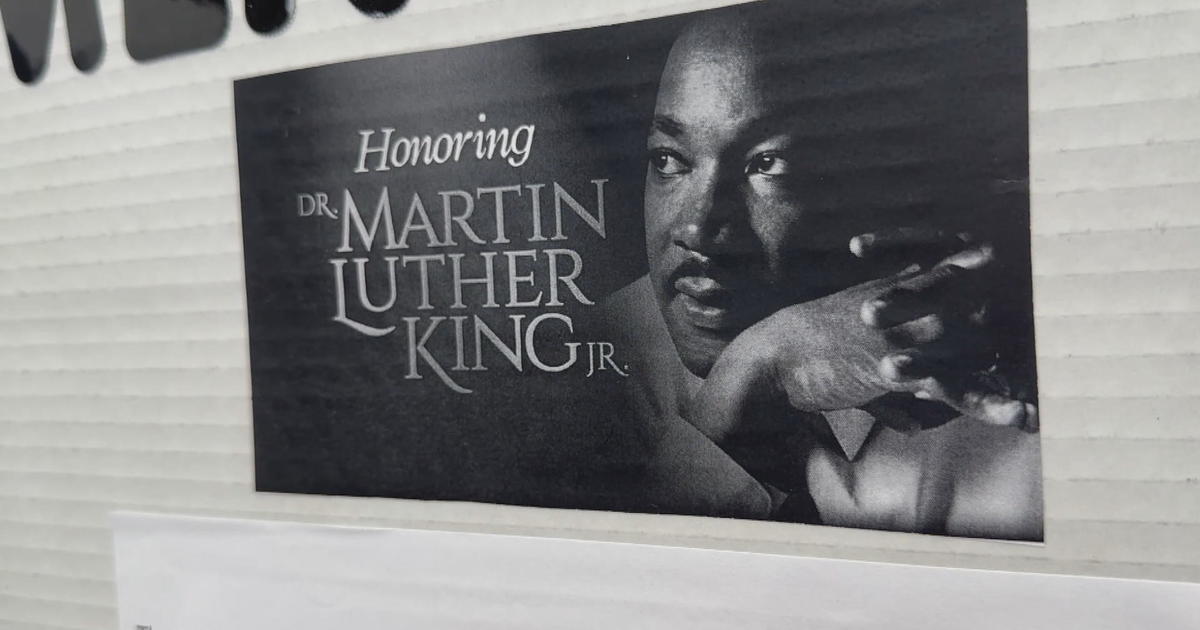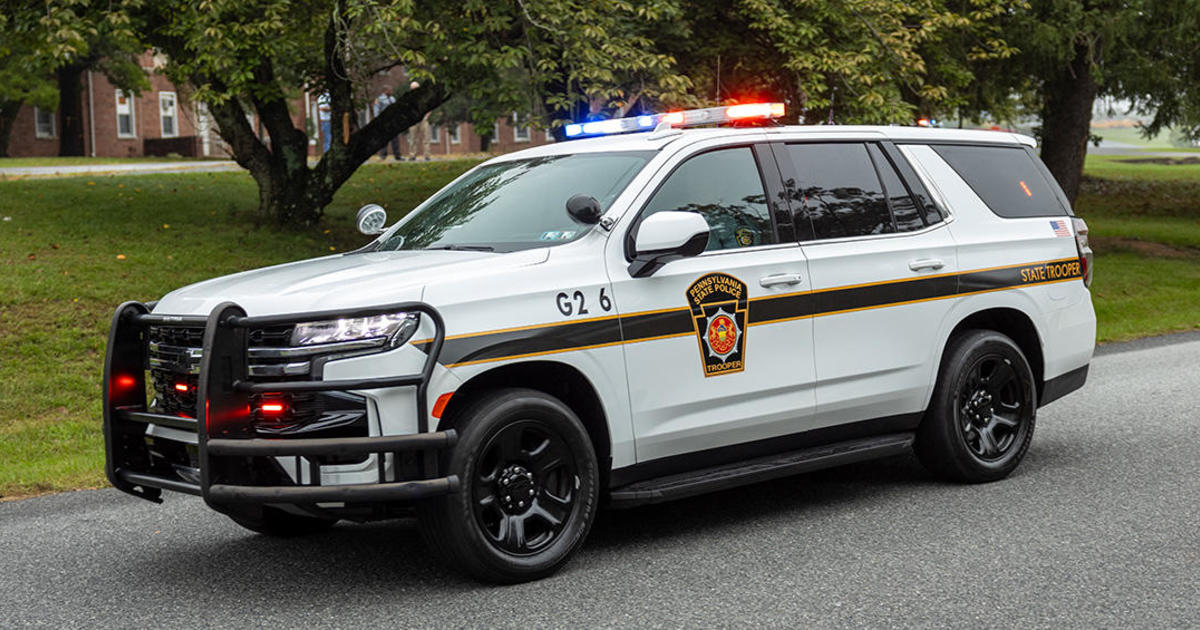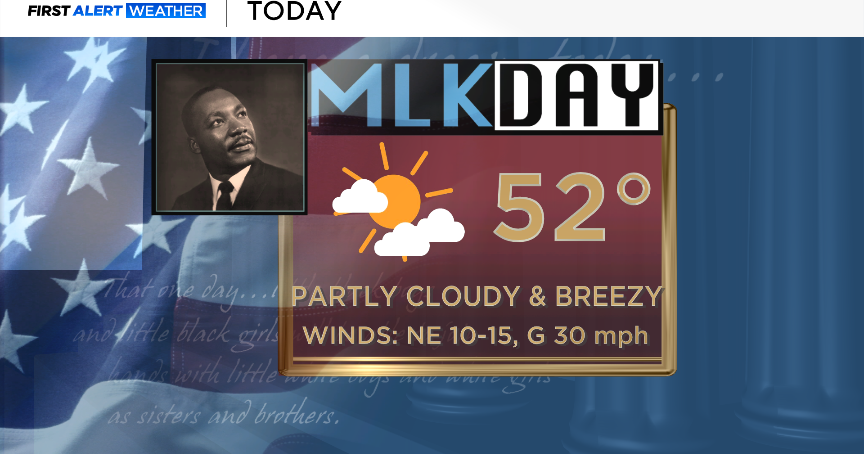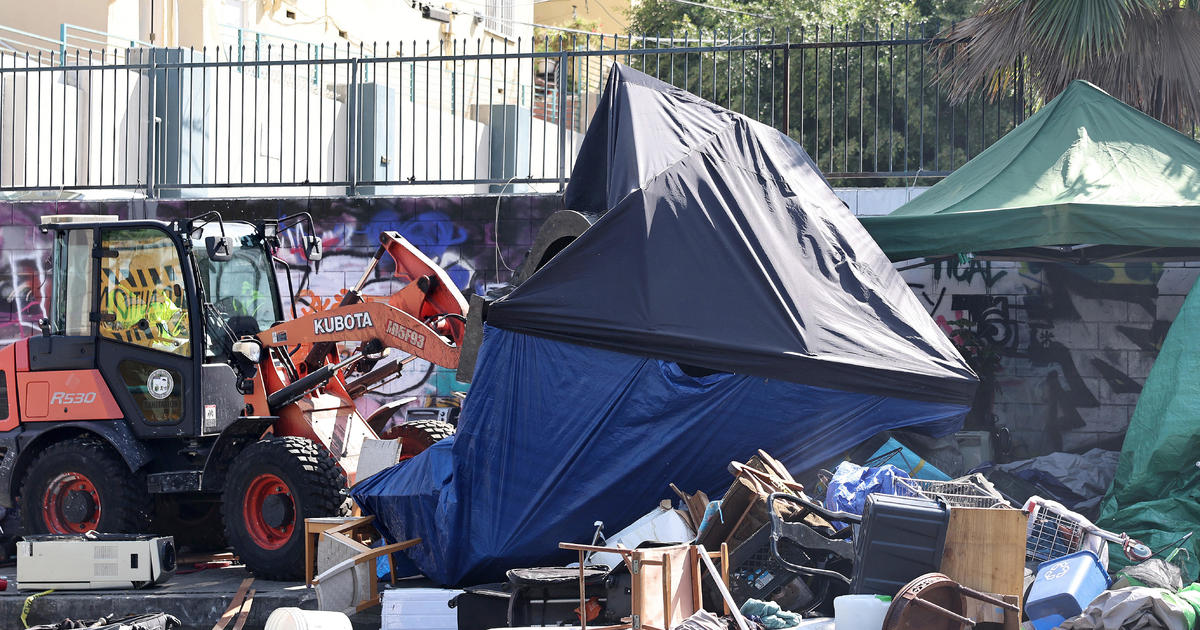MTA looks to expand cellphone service underground, Wi-Fi at stations
NEW YORK -- It's one of the biggest complaints about riding the subway: Limited Wi-Fi and cellphone service.
But now, a new plan released by the MTA Tuesday expands technology.
CBS2's John Dias has the specifics, and what commuters think.
It's far from an overnight job. While work will get started right away, the overall project is expected to take 10 years to finish.
"They're very, very back. In the '90s. They need to hurry up, let's go," said commuter Beverly Boatwright.
Boatwright, a frequent subway rider, can't comprehend why it will take a decade to install new advancements underground, but is overjoyed the MTA is finally doing it.
She's far from alone.
"They need a serious update to its system," said Staten Island resident Rolando Borden.
On Monday, MTA CEO Janno Lieber told CBS2 the agency is installing equipment that will help connect riders to the Internet and Wi-Fi in all its underground tunnels. The plan includes the addition of Wi-Fi service at all of the subway's above-ground stations.
"It improves the quality, the ability to do things on the train," one commuter said.
"I think people, by and large, will love it. I'm not interested in listening to other people's conversations constantly," said Flatbush resident Robert Perris.
The first thing that came to most commuters' minds? Safety.
"I think it's good for emergency purposes, when you want get in contact with family, or delayed on the train," said commuter Patricia Hardy.
After the pandemic crushed ridership and outside projections fell short, the MTA is now predicting full ridership may not return until at least 2035.
Many speculate the MTA is using Wi-Fi advancements to get more people underground sooner, but will the idea work?
"A lot of people don't have trust in the subway," said Stephanie Mullings of Flatbush.
The cash-strapped MTA is turning to the federal government for more money, saying the pandemic relief funding will run out in 2024, so it's moving what it calls its "fiscal cliff" up one year sooner.
That means a deficit of around $2.5 billion per year will begin in 2025 instead of 2026. The MTA is trying to avoid it "by using COVID relief funds in a smarter, more sustainable way."
MTA officials predict, overall, the Wi-Fi project should lead to more than $1 billion in revenue for the system.
Currently, cell service is only available in stations and the East River tunnel that carries the L train between Manhattan and Brooklyn.

